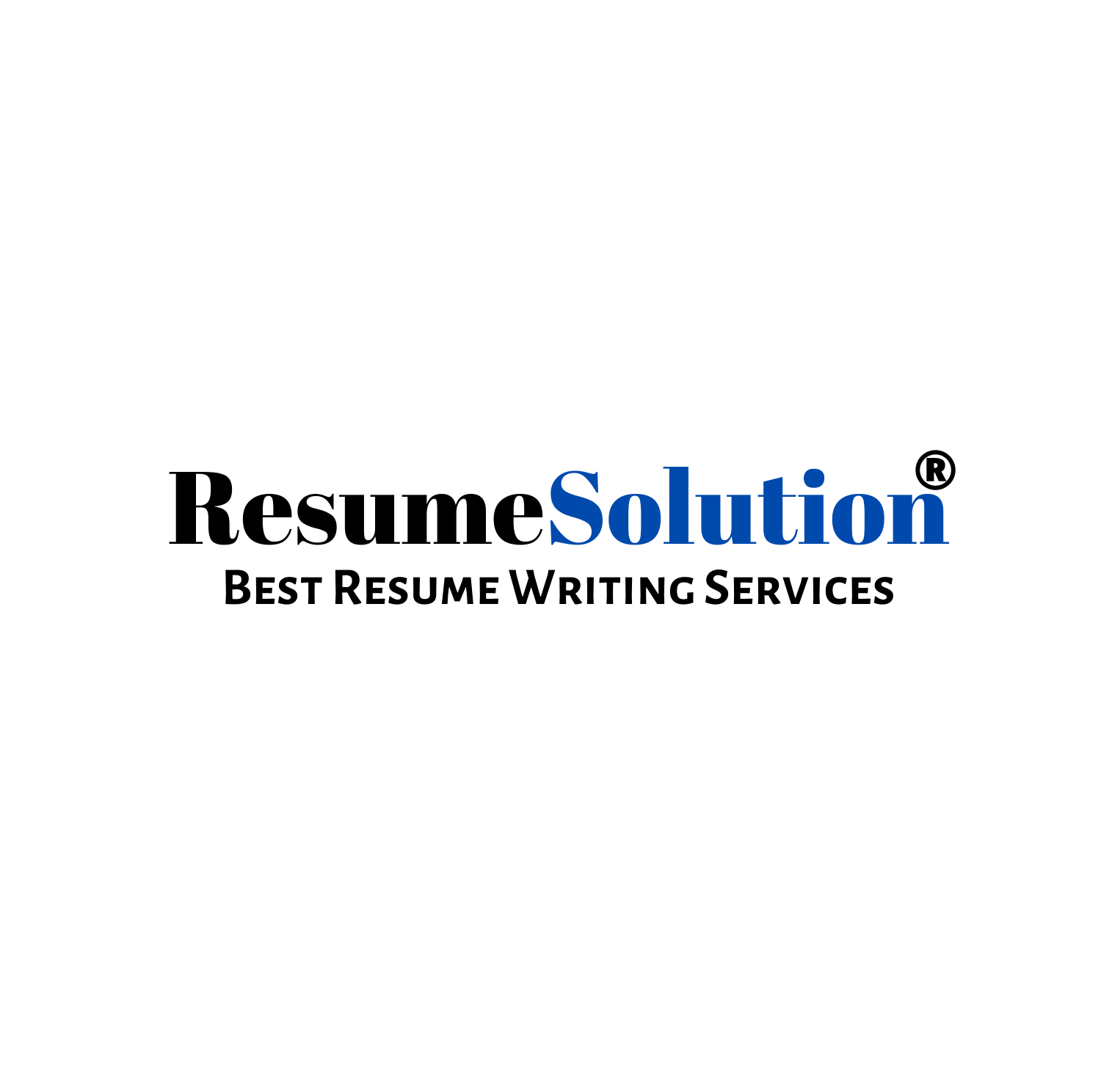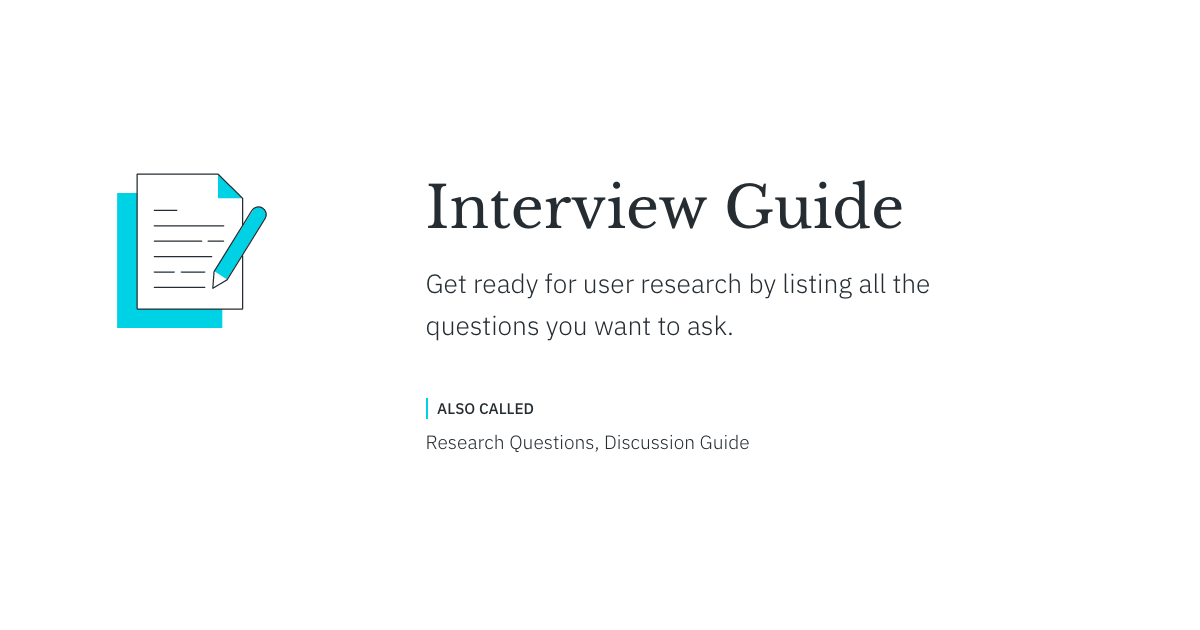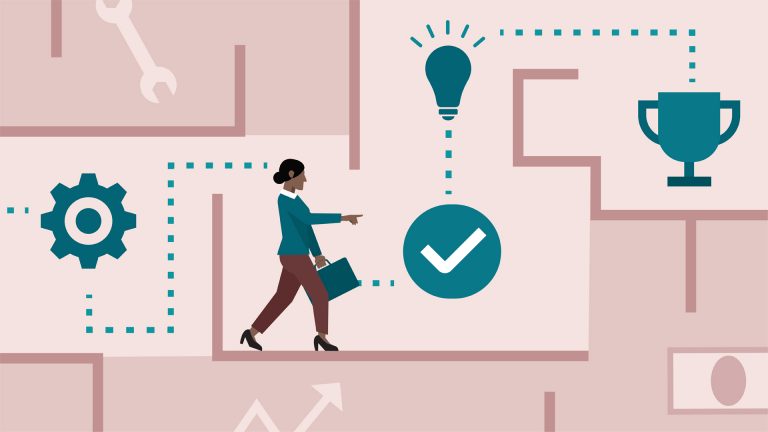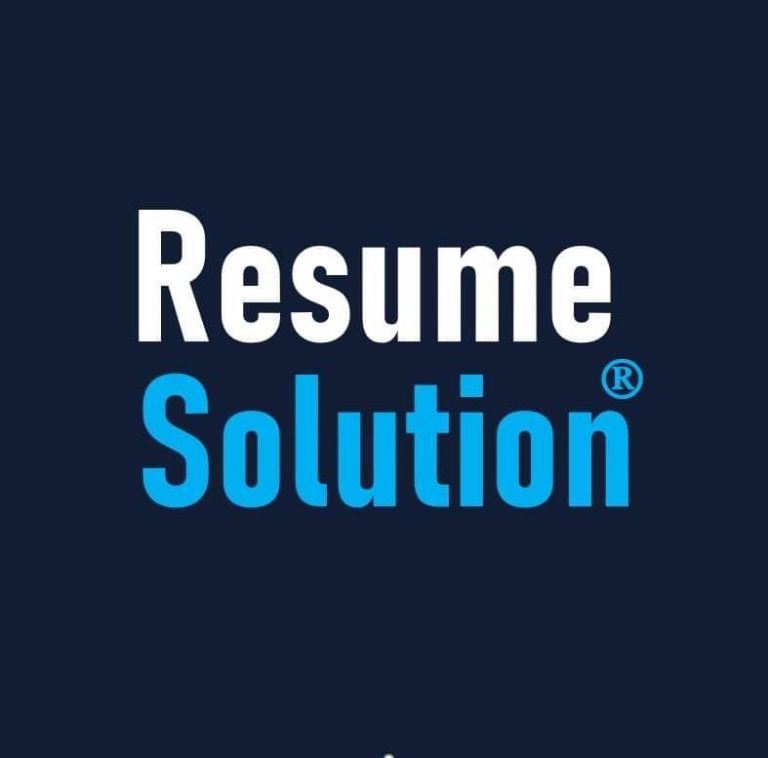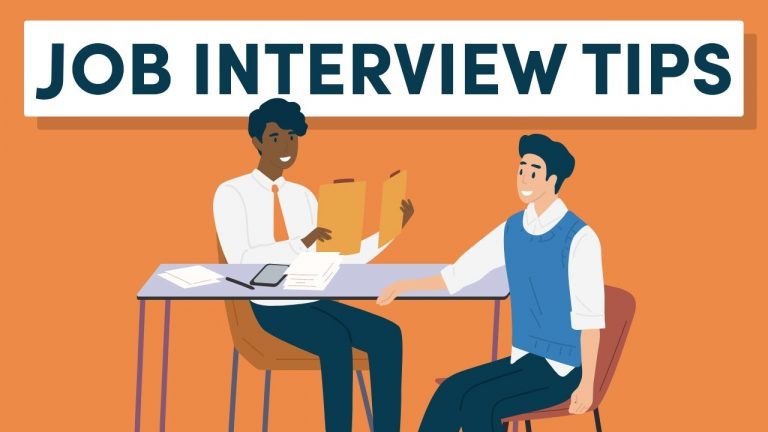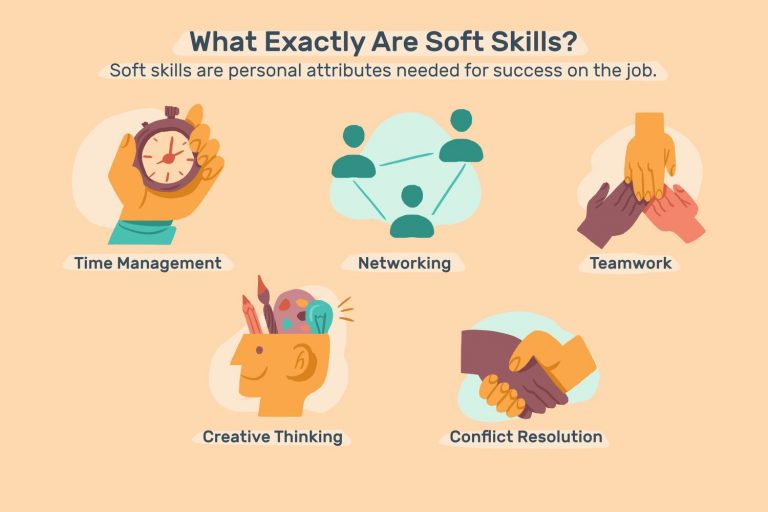Become the best interviewer with the help of the interview Guide
An interview guide is a document that enables businesses to organize the way they interview potential employees. It makes everything easier for interviewers to plan their questions and assures that every candidate has the same interviewing experience.
Pros of interview Guide
The interview guide’s content will depending on the position you’re filling, the technique you choose, and your particular organisational needs, among other factors.There are various pros to using an interview guide during the hiring process:
Interview guide Structure is created when all interviewers follow the same steps in the same order. As a result, there are fewer chances that people will forget to ask applicants certain questions or provide them with certain information. All interviewers will have the same experience if there is an interview guide. Of course, there will always be differences among interviewers, but at least everyone uses the same procedure and asks the same questions.
Every candidate can be evaluated using the same scoring technique when the interview process and questions are the same for all of them. So, there is a lower chance of prejudice during the interview process. Your interview strategy should ideally be part of an organised hiring procedure. It follows every step of the process as a result.
This implies that, for instance, the qualifications for a new post as listed in the job description i.e., the necessary talents, personalities, and skills of a potential candidate should be taken into account during the interview ,and included in the interview guide. Let’s examine the major components of an interview guide.
Components of an Interview guide
Interview guidelines are typically lists of the subjects and inquiries an interviewer intends to go over with a job candidate or another industry interviewee. Interview guidelines, which may be used for both highly planned and more relaxed sessions, are useful tools for maintaining stability and direction throughout an interview. The purpose of interview guides is to serve as a guide that outlines the topics employers want to know about, what they plan to ask, what order to ask the questions, and the discussion points for concluding the interview and following up with the interviewee. This is one thing that interview guides have in common.
Using an interview guide is essential for organising your questions, deciding how to ask the interviewer their questions, and creating an outline for your follow-up interview.
The use of interview guides will help you maintain regulation in your questions across many interviews. You’ll have an outline when you create your interview guide that you may use for every interview you conduct. Furthermore, a good interview guide gives you a way to fairly evaluate the information each applicant provides you throughout the interview, regardless of their history or personality.
Different levels of Questions
You can make a plan for the various levels of questions you wish to ask an interviewee using your guide. For instance, you can arrange your interview plan so that you start out by asking general questions about the candidate’s hobbies or interests before transitioning to questions that are more industry- and skill-specific. In this technique, you can approach the interviewee casually to promote open communication, which can make them feel more at ease and confident when you ask them more probing questions.
Make a list of the subjects you wish to cover in the interview when preparing your interview guide. Arrange your interview questions around subjects like the interviewers’ background, experience, education, accomplishments, credentials, and other issues pertaining to their field or position.
Add a few opening questions for discussion that can serve as topic starters. For instance, you may inquire about the interviewee’s background, ambitions, and other topics to start a dialogue. You can learn more about the interviewee’s personality, traits, and background by doing this.
Major interview instructions
Consider adding a few organised, industry-specific questions as you add the basic background queries you wish to ask. Consider planning to ask specific questions regarding the interviewee’s experience and credentials, such as how long they have worked or studied in their area and inquiries about their experience and qualifications in general.
It’s crucial to prepare what you will be looking for in an answer before asking these kinds of inquiries. For instance, when a hiring manager inquires about a candidate’s work history, they might be searching for a specific number of years or a set of abilities that indicate the prospect is a good fit for the role.
Follow your interview instructions as closely as you can while remaining on topic. Although it’s acceptable to engage in a little extra teasing remarks throughout the interviewee’s response, it’s ultimately crucial to follow your prepared framework for every interview you conduct. You can come across unconventional background qualifications, ambiguous responses, or other natural conversation starters during an interview. Even if the conversation swing significantly from your intended interview outline, it’s crucial to leave room for spontaneous conversation or expressing a common interest. You can always refocus the conversation. Prepare a list of generic discussion starters, such as inquiries into the interviewee’s interests and hobbies. resumesolution welcome to share your experience as well, which can promote and give you a chance to get to know one another.
